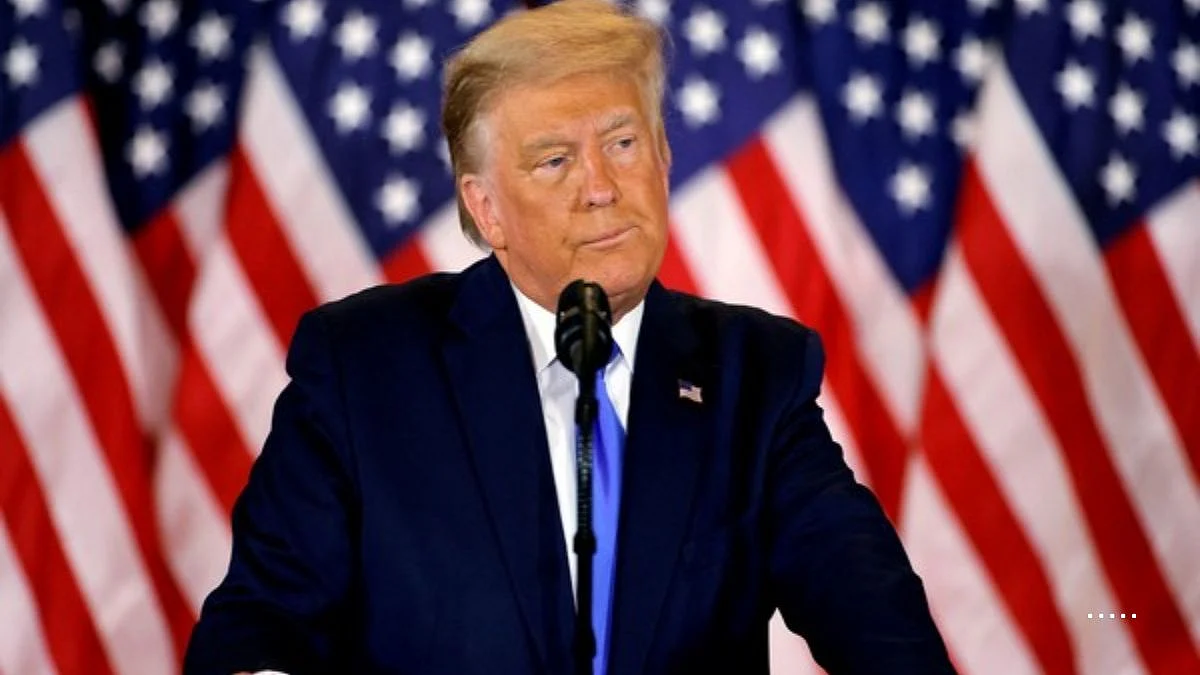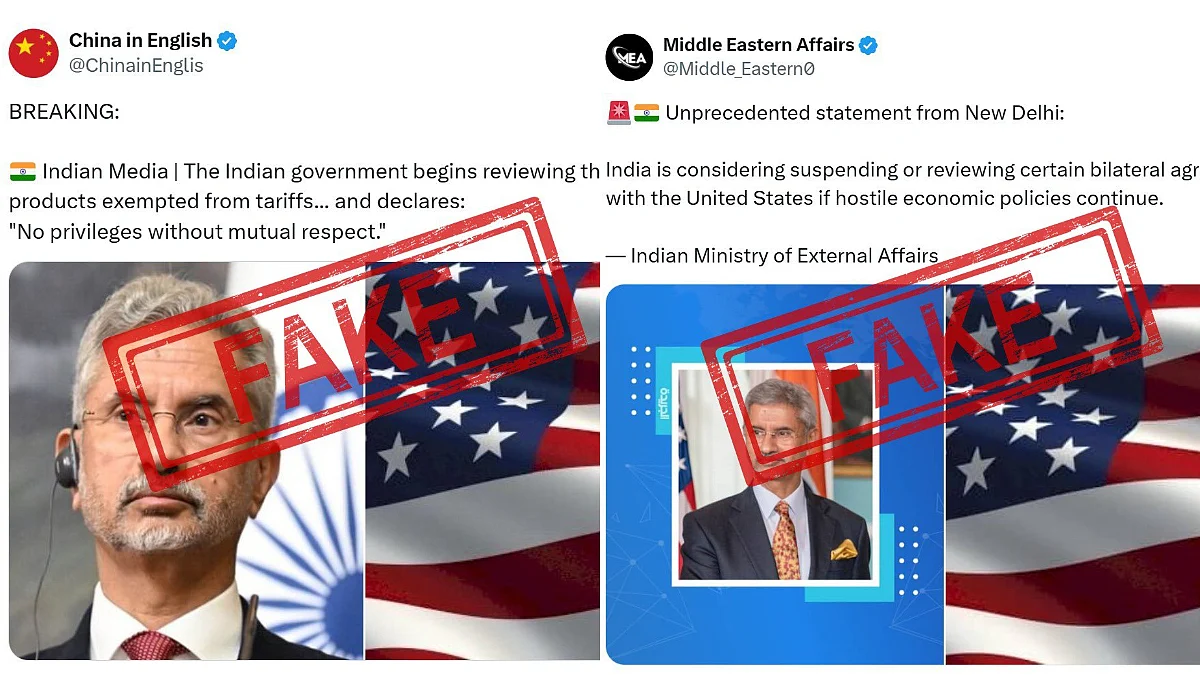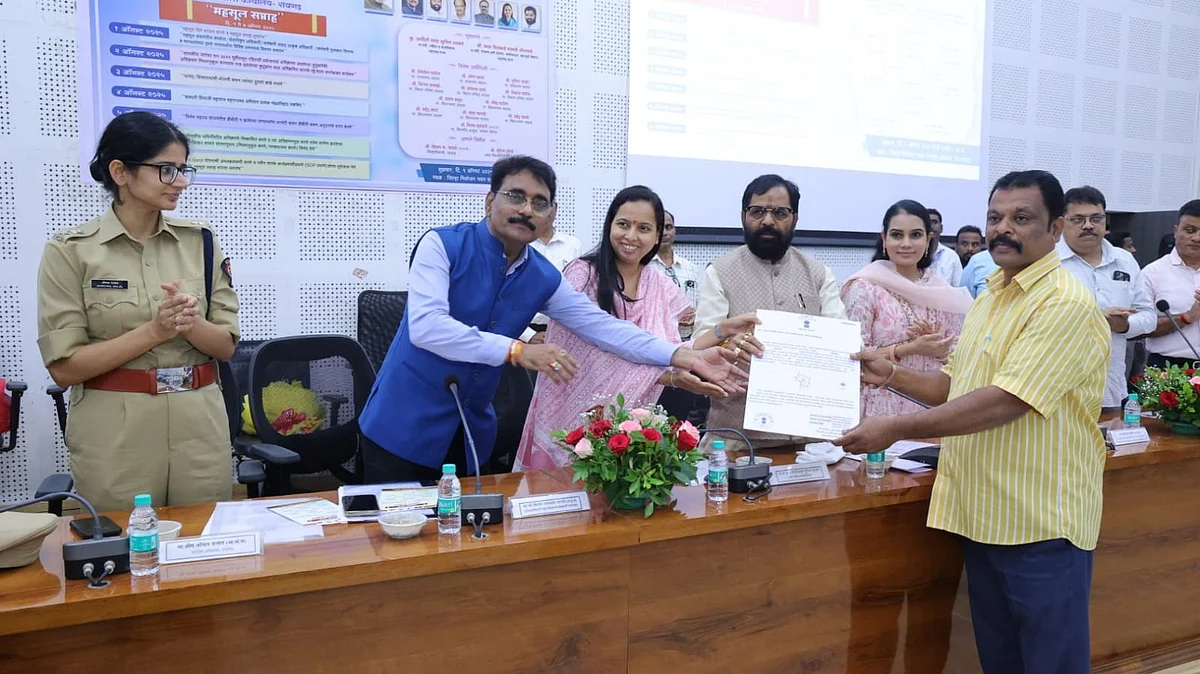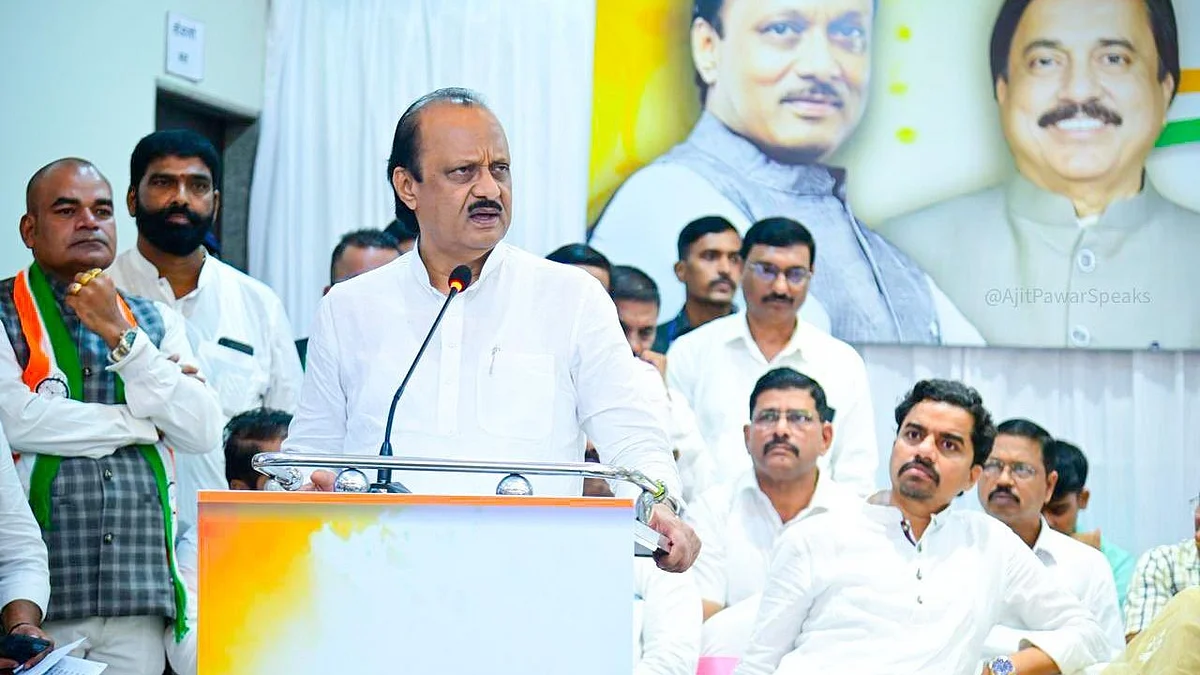Mumbai: As the city braces for the upcoming festive season and the usual Monday morning rush, massive traffic jams continue to cripple key arterial routes particularly the Western Express Highway (WEH). Residents like K. Mujumdar from the western suburbs remain trapped in daily gridlock, despite Union Minister Piyush Goyal MP from Mumbai North previously raising concerns with the traffic police, BMC, and metro authorities. Though officials had promised swift resolution of bottlenecks in areas like Kandivali, the ground situation remains unchanged.
Personnel Crisis in Traffic Police
Internal data from the Mumbai Traffic Police has exposed a deeper problem: a severe shortage of personnel hampering the department’s ability to manage the city’s increasingly complex traffic systems.
According to official figures, there is a shortfall of over 1,377 officers and constables. The constabulary ranks are the worst affected of the 3,835 sanctioned posts for constables and junior officers, only 2,536 are filled. Specifically, 1,348 posts for Police Constables and 117 for Assistant Sub-Inspectors remain vacant. Even senior positions haven't been spared, with 78 vacancies across the ranks of Assistant Commissioners of Police (ACPs), Inspectors, and Sub-Inspectors.
Breakdown of Vacancies by Rank
Post Name Sanctioned Posts Working Posts Vacant Posts Joint Commissioner110Additional Commissioner110Deputy Commissioner440Assistant Commissioner108-2Police Inspector6560-5Assistant Police Inspector4946-3Police Sub-Inspector201133-68Total (Officers)331253-78Assistant Sub-Inspector301184-117Head Constable8841033149Police Naik01717Police Constable26501302-1348Total (Constables)38352536-1299
Impact on Traffic Management and Public Safety
While the department has reported some progress in diversity with 21 female officers and 433 female constables currently serving the massive personnel shortfall is affecting traffic enforcement, reducing operational efficiency, and delaying response times.
Expert Opinion: Traffic as a Public Health Crisis
Traffic expert and civil engineer Sudhir Badami, a member of the state’s BRTS Steering Committee, emphasized that nearly 65% of car users could shift to public transport like BRTS if it were made efficient.
“Car users should be charged a congestion tax and public transport should be incentivized,” Badami told The Free Press Journal. “The state must treat the traffic problem as a public health crisis as junction officers face hazardous air and noise pollution daily,” he added.
Metro Construction and Road Works Compound Woes
Key roads such as LBS Road (Ghatkopar–Thane) and the Jogeshwari-Vikhroli Link Road (JVLR) remain chronically congested due to ongoing Metro construction work. With the festive season approaching, traffic congestion is expected to worsen further.
Traffic Peaks and Late-Night Congestion
According to Traffic ACP Mahesh Tawde, jams are at their worst during the morning (9 am–12 pm) and evening (5 pm–9 pm) rush hours. Even late-night congestion is being reported in the city’s western suburbs.
Traffic Diversions Announced for August
To manage traffic during the festive season, Mumbai Traffic Police has announced diversions from August 2 to August 31:
No Entry: Tilak Uddan Bridge will be closed to all heavy vehicles.
Diversion Routes:
Southbound Vehicles on Dr. B.A. Road toward Tilak Bridge must divert via:
Right at Sion Hospital Junction → Sulochana Shetty Marg → Kumbharwada Junction → T.S. Kataria Marg → Kataria Bridge → Shobha Hotel → L.J. Marg → Sena Bhavan → N.C. Kelkar Marg → Plaza Cinema and onward.
Northbound Vehicles should divert via:
Maheshwari Circle → Arora Junction → Sion Hospital Junction → Sulochana Shetty Marg → Kumbharwada Junction → T.S. Kataria Marg → Kataria Bridge → Shobha Hotel → L.J. Marg → Sena Bhavan → N.C. Kelkar Marg → Plaza Cinema and onward.
Outlook: Situation Unlikely to Improve Soon
Until Metro Line 3 and the Coastal Road Project are fully operational, experts believe the situation is unlikely to improve. With pressure mounting on the already stretched traffic police, both enforcement and commuter experience are set to remain under severe strain.










